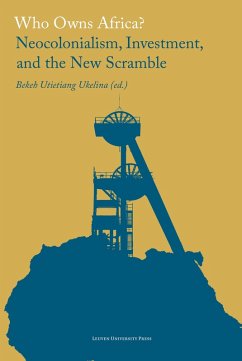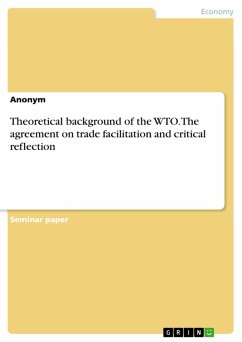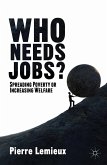Why in spite of Africa's abundantnatural and human resources its people are still poorThe independence of African countries fromtheir European colonizers in the late 1950s and 1960s marked a shift in thecontinent's political leadership. Nevertheless, the economies of Africannations remained tied to those of their former colonies, raising questions ofresource control and the sovereignty of these nation-states. Who Owns Africa? addresses the role of foreign actors in Africa and their competinginterests in exploiting the resources of Africa and its people. An interdisciplinaryteam of scholars examines the concept ofcolonialism from a historical and socio-political perspective. They show howthe language of investment, development aid, mutual interest, or philanthropy isused to cloak the virulent forms of exploitation on the continent, therebyperpetuating a state of neocolonialism that has left many African peoplepoor and in the margins.Contributors: John K. Marah (StateUniversity of New York Brockport), Nene-Lomotey Kuditchar (University ofGhana), Bekeh Utietiang Ukelina (State University of New York Cortland), TokieLaotan-Brown (Merging Ecologies, Athenry), Asher Lubotzky (Indiana UniversityBloomington), Seth N. Asumah (State University of New York Cortland),Kudakwashe Chirambwi (National University of Science and Technology, Zimbabwe),Phillip Murray (United States Military Academy West Point), Paul Chiudza Banda(Tarleton State University), Gift Wasambo Kayira (University of Malawi)This publication is GPRC-labeled (Guaranteed Peer-Reviewed Content).
Dieser Download kann aus rechtlichen Gründen nur mit Rechnungsadresse in A, B, BG, CY, CZ, D, DK, EW, E, FIN, F, GR, HR, H, IRL, I, LT, L, LR, M, NL, PL, P, R, S, SLO, SK ausgeliefert werden.









